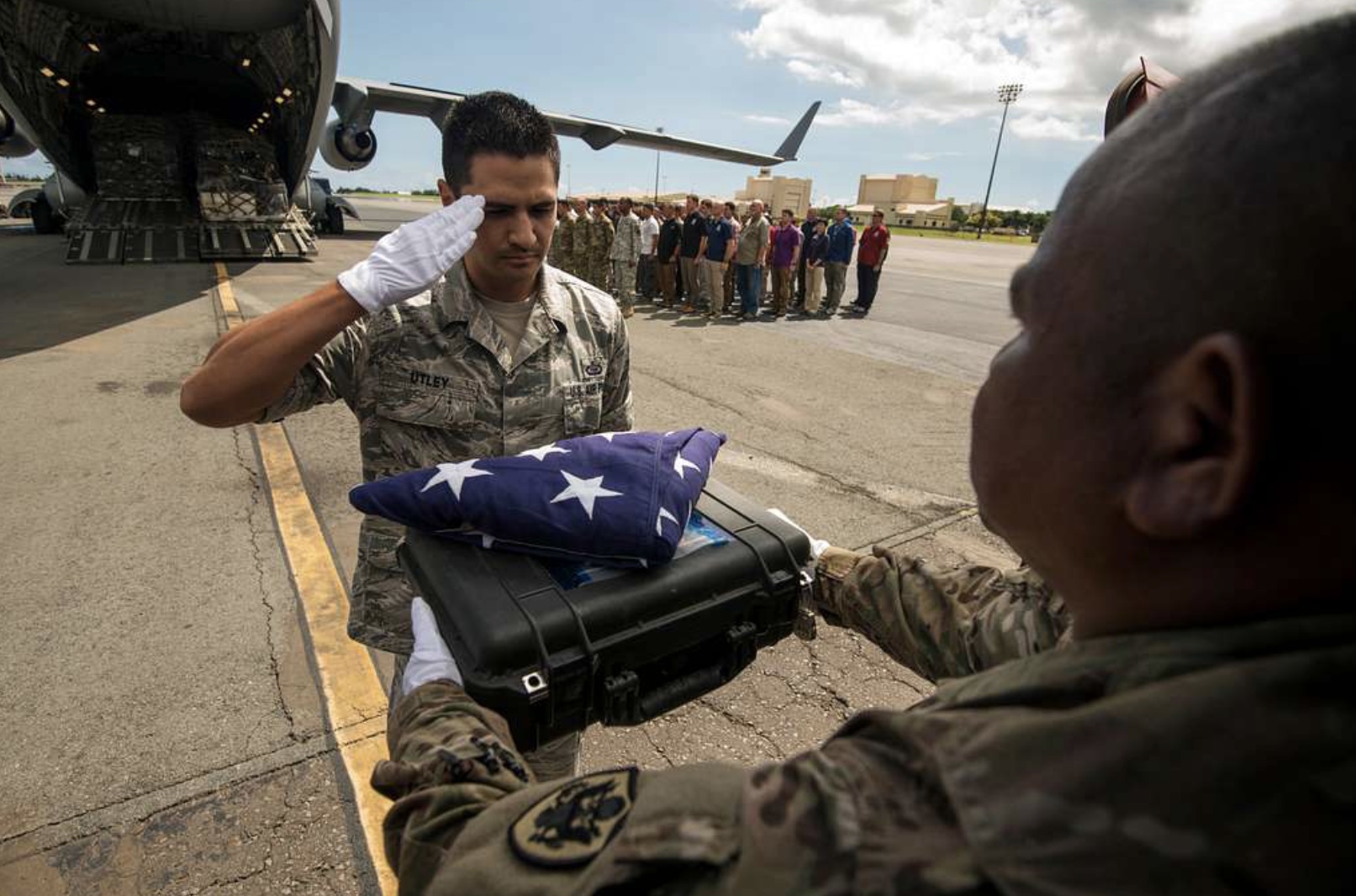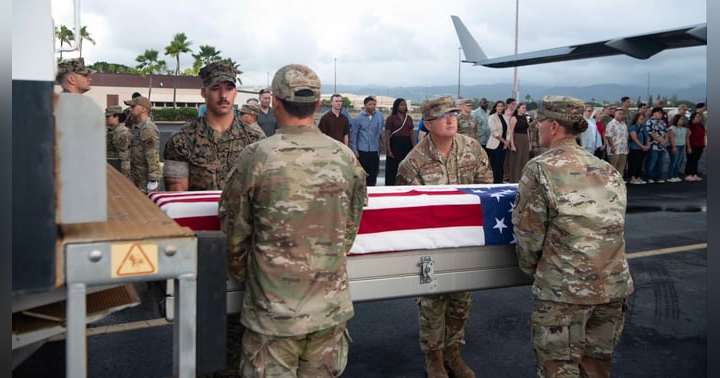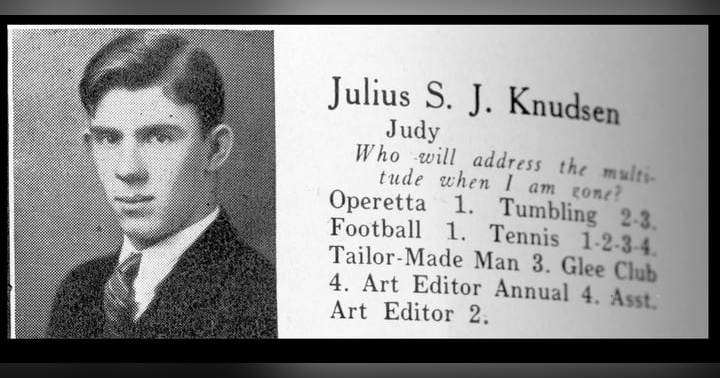Vietnam’s Exploitation of the MIA Issue: A Decades-Long Strategy for Financial and Political Gain

For over fifty years, the unresolved issue of American personnel listed as Missing in Action (MIA) from the Vietnam War has been a cornerstone of U.S.-Vietnam relations, intertwining humanitarian efforts with diplomatic and financial negotiations. Recent developments, including President Donald Trump’s July 2025 announcement of a trade deal with Vietnam, have spotlighted this issue, prompting contrasting narratives. Drawing on a 1984 CIA memorandum [1], a 2025 National League of Families report by Dr. Jay Veith [2], a July 3, 2025, Washington Times article by Bill Gertz [3], a July 16, 2025, DPAA letter to the editor [4], two Vietnam News Agency (VNA) articles [5, 6], and a July 10, 2025, Politico article [7], this blog post examines Vietnam’s consistent strategy of leveraging the MIA issue for economic aid and revenue. While the U.S. Defense POW/MIA Accounting Agency (DPAA) and Vietnam’s state media emphasize humanitarian cooperation, evidence suggests financial motives often overshadow genuine progress toward resolving the fates of over 1,157 recoverable American service members, leaving POW/MIA families in prolonged anguish.
Historical Manipulation: Using MIAs for Aid and Diplomacy (1973–1984)
Following the 1973 Paris Peace Accords, which mandated information exchange and remains repatriation, Vietnam strategically used the MIA issue to extract concessions, as detailed in the 1984 CIA memorandum [1]. By mid-1984, Vietnam had returned fewer than 100 remains, with Laos, under Hanoi’s influence, repatriating only four [1]. Hanoi tied cooperation to U.S. economic aid and support for its control over Cambodia (Kampuchea).
Vietnam accused the U.S. of violating aid provisions, withholding MIA information as leverage. In 1975, it offered three pilots’ remains but retracted after a U.S. veto of its UN membership [1]. A second veto in 1976 reinforced this tactic. In 1977, the U.S. Woodcock Commission faced demands for reconstruction aid, but after the U.S. agreed not to veto Vietnam’s UN bid, Hanoi released 20 MIA names and repatriated their remains post-admission [1]. After the 1978 Soviet-Vietnamese Treaty and Kampuchea invasion, Vietnam used MIA talks to criticize U.S. policies and push for recognition of the Heng Samrin regime [1]. Laos mirrored this, promising four remains after a 1981 U.S. hospital donation [1]. The CIA predicted Vietnam would trade MIA information for concessions like Amerasian emigration quotas [1].
Contemporary Exploitation: Monetizing MIA Cooperation Amid Trade Tensions (1991–2025)
The 2025 National League report, Washington Times article, and Politico article reveal how Vietnam has transformed MIA cooperation into a revenue-generating enterprise, particularly as trade negotiations with the Trump administration intensify [2, 3, 7]. From 2016 to 2024, DPAA paid Vietnam $86.7 million for joint field activities, with advance payments rising from $1 million to $2 million in 2016 [2, 3]. Gertz reports Vietnam charges $10,000 per document and $15,000 per artifact, effectively “selling back” MIA evidence [3]. Excavation restrictions, like 50cm test pits, inflate costs while limiting effectiveness [2]. The League argues this prioritizes financial gain over humanitarian intent, a critique amplified by Vietnam’s response to Trump’s July 2, 2025, trade deal announcement, which imposed a 20% tariff on Vietnamese exports (down from 46%) and 40% on transshipped goods, contrary to Vietnam’s expectation of an 11% rate [7]. This unexpected hike may incentivize Vietnam to leverage MIA cooperation to soften trade impacts [7].
Vietnam’s wartime policies required PAVN to collect U.S. personnel effects for propaganda, with the Military History Museum amassing 316 items in 1965 and 261 pilot effects in 1972 [2]. A 1992 agreement allowed U.S. access to the Central Army Museum, identifying 400 artifacts, but access waned post-1995, with Vietnam claiming by 1999 to have provided all data [2]. Recent evidence, like a U.S. MIA’s ID card in Thanh Hoa museum (2018, 2024) and artifacts given to President Biden in 2023, suggests withheld materials [2, 3]. The U.S. funds programs like the $2 million annual Vietnam Wartime Accounting Initiative, yet Vietnam offers no reciprocal archival access, charging for MIA searches [2, 3]. Gertz cites allegations of Vietnam “warehousing” remains and running a “Dog Tags” disinformation campaign [3].
DPAA’s letter and VNA articles defend Vietnam’s “long-standing” cooperation, citing 737–752 identifications since 1985 and 35 since 2015 (19 from joint fieldwork, one from a U.S. partner mission, 15 from Vietnamese sources) [4, 5, 6]. They highlight logistical necessities and Vietnam’s 30 independent investigations during COVID-19 restrictions [4, 5, 6]. VNA emphasizes MIA cooperation as a “building block” for the U.S.-Vietnam strategic partnership [5, 6]. However, these sources sidestep archival withholding and cost criticisms, with Gertz noting most recent identifications were Vietnamese turnovers [3]. The League’s 2024 assessment, advocating for archival access, was rejected by DPAA [2].
A Persistent Pattern and the Path Forward
Vietnam’s exploitation of the MIA issue, from 1970s aid demands to modern revenue generation ($86.7 million for 25–35 identifications since 2015), persists amid trade tensions [2, 3, 7]. This ongoing financial manipulation inflicts profound emotional tolls on POW/MIA families, who endure decades of uncertainty without closure, as highlighted by DPAA Director Kelly McKeague’s acknowledgment that “time doesn’t heal” for those awaiting remains [6]. Families have sent heartfelt letters to the Trump White House, pleading for full access to Vietnamese archival records and interviews with Vietnamese veterans to uncover information about their loved ones, but these requests have gone unanswered, deepening their anguish and mistrust [2]. The Politico article suggests Vietnam’s frustration with Trump’s tariff hike may prompt limited MIA concessions to maintain diplomatic leverage [7]. DPAA and VNA’s defense of Vietnam’s cooperation prioritizes diplomacy but ignores financial asymmetry and archival restrictions [4, 5, 6]. With 1,157 recoverable U.S. troops still missing, the U.S. must respond to POW/MIA families’ pleas, demand reciprocal archival access, and challenge Vietnam’s financial motives to honor its moral obligation without succumbing to exploitation.
Citations:
- CIA Memorandum, EA M 84-10129, Sanitized Copy Approved for Release 2011/08/17: CIA-RDP85T00287R001000650001-1. https://www.cia.gov/readingroom/docs/CIA-RDP85T00287R001000650001-1.pdf
- Veith, J. (2025). Vietnam’s Knowledgeability Cooperation: A Follow-up Report on the League Assessment on “Achieving the Fullest Possible Accounting”. National League of Families of American Prisoners and Missing in Southeast Asia. https://www.pow-miafamilies.org/news
- Gertz, B. (2025, July 3). Vietnam charging millions for info on missing American soldiers, providing few answers. The Washington Times. https://www.washingtontimes.com/news/2025/jul/3/vietnam-charging-millions-info-missing-american-soldiers-providing/
- Everette, S. (2025, July 16). Letter to the Editor: U.S. still committed to bringing home Vietnam War servicemen. The Washington Times. https://www.washingtontimes.com/news/2025/jul/16/letter-editor-us-still-committed-bringing-home-vietnam-war-servicemen/
- US appreciates Vietnam’s cooperation in search for personnel missing during wartime. (2025, July). Vietnam News Agency. https://en.vietnamplus.vn/us-appreciates-vietnams-cooperation-in-search-for-personnel-missing-during-wartime-post322863.vnp
- From adversaries to trusted friends: how MIA recovery became the building block of Vietnam-US ties. (2025, July). Vietnam News Agency. https://en.vietnamplus.vn/from-adversaries-to-trusted-friends-how-mia-recovery-became-the-building-block-of-vietnam-us-ties-post322651.vnp
- Desrochers, D., Kine, P., & Hawkins, A. (2025, July 10). Vietnam thought it had a deal on its US tariff rate. Then Trump stepped in. Politico. https://www.politico.com/news/2025/07/10/vietnam-trump-tariff-deal-00447715
John Bear
Chief Investigative Researcher
Asymmetric MIA Accounting Group (AMAG) Inc.
As an investigative researcher for Asymmetric MIA Accounting Group (AMAG) Inc., a 501c3 nonprofit, I’m committed to our critical mission of recovering and honoring our POW/MIAs. We urgently need your monetary support to fund these recovery missions and bring closure to families. We’re also recruiting Veterans to join our efforts. Please visit https://amagonline.org to donate, learn more, or get involved. Your generosity ensures no hero is forgotten—it’s about time ⌛️



















